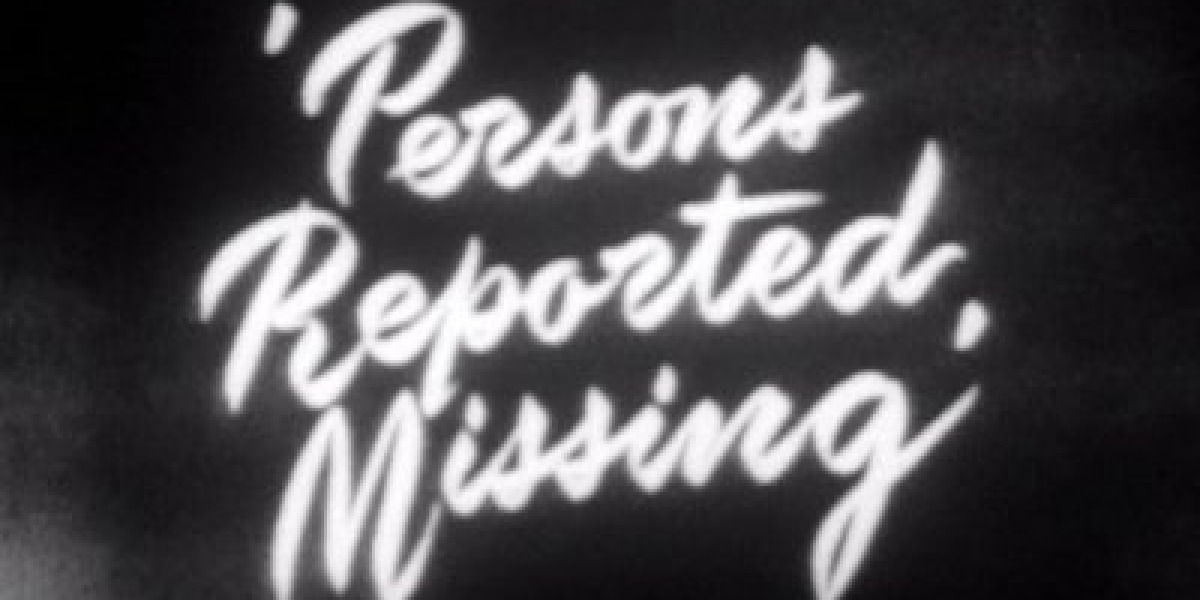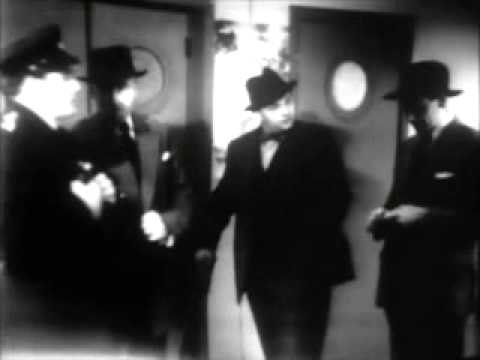The Quatermass Experiment (1953): "Persons Reported Missing"

Victor Carroon is subjected to various tests which indicate that he has taken on the identities of the other two men. Quatermass and Paterson find a gelatinous substance spread around the capsule's interior.
| Production company/ies | Broadcast station(s) | Broadcast date(s) |
|---|---|---|
| BBC | BBC Television Service | July 25, 1953 |
Production credits
| Producer(s) | Director(s) | Writer(s) | Other notable credits |
|---|---|---|---|
| Rudolph Cartier | Rudolph Cartier | Nigel Kneale | Settings: Stewart Marshall |
Acting credits
|
|
Watch "Persons Reported Missing"
| Previous episode | Serial | Next episode |
|---|---|---|
| "Contact Has Been Established" | The Quatermass Experiment (1953) | "Very Special Knowledge" |
Notes
The Quatermass Experiment is a landmark British science fiction serial created by Nigel Kneale. It was the first sci-fi series written specifically for an adult audience in the UK. The story revolves around Professor Bernard Quatermass, who oversees the first crewed spaceflight by the British Experimental Rocket Group. When the spaceship returns to Earth, only one of the three astronauts, Victor Carroon, is found on board, and he is behaving strangely. It soon becomes clear that an alien presence has entered the rocket, and Quatermass must prevent it from threatening humanity.
The series was broadcast live - with a few pre-filmed 35mm film inserts shot before and during the rehearsal period - from Alexandra Palace and consisted of six half-hour episodes, though only two episodes have survived. The BBC intended that each episode be telerecorded onto 35mm film, a relatively new process that allowed for the preservation of live television broadcasts. Only poor-quality copies of the first two episodes were recorded before the idea was abandoned. It is very unlikely that material from the third to sixth episodes of the serial will ever be recovered to the BBC's archives.
The popularity of The Quatermass Experiment gained the attention of the film industry, and Hammer Film Productions quickly purchased the rights to make an adaptation, which was released in 1955, as The Quatermass Xperiment. The BBC was also pleased with its success and a sequel, Quatermass II, was broadcast in 1955.

